1 min read
Powerful Decision Making With AI in Business: Part 1
How powerful is AI? Will AI steal our jobs? Can AI take over the world? These and many others are the most common questions when it comes to...
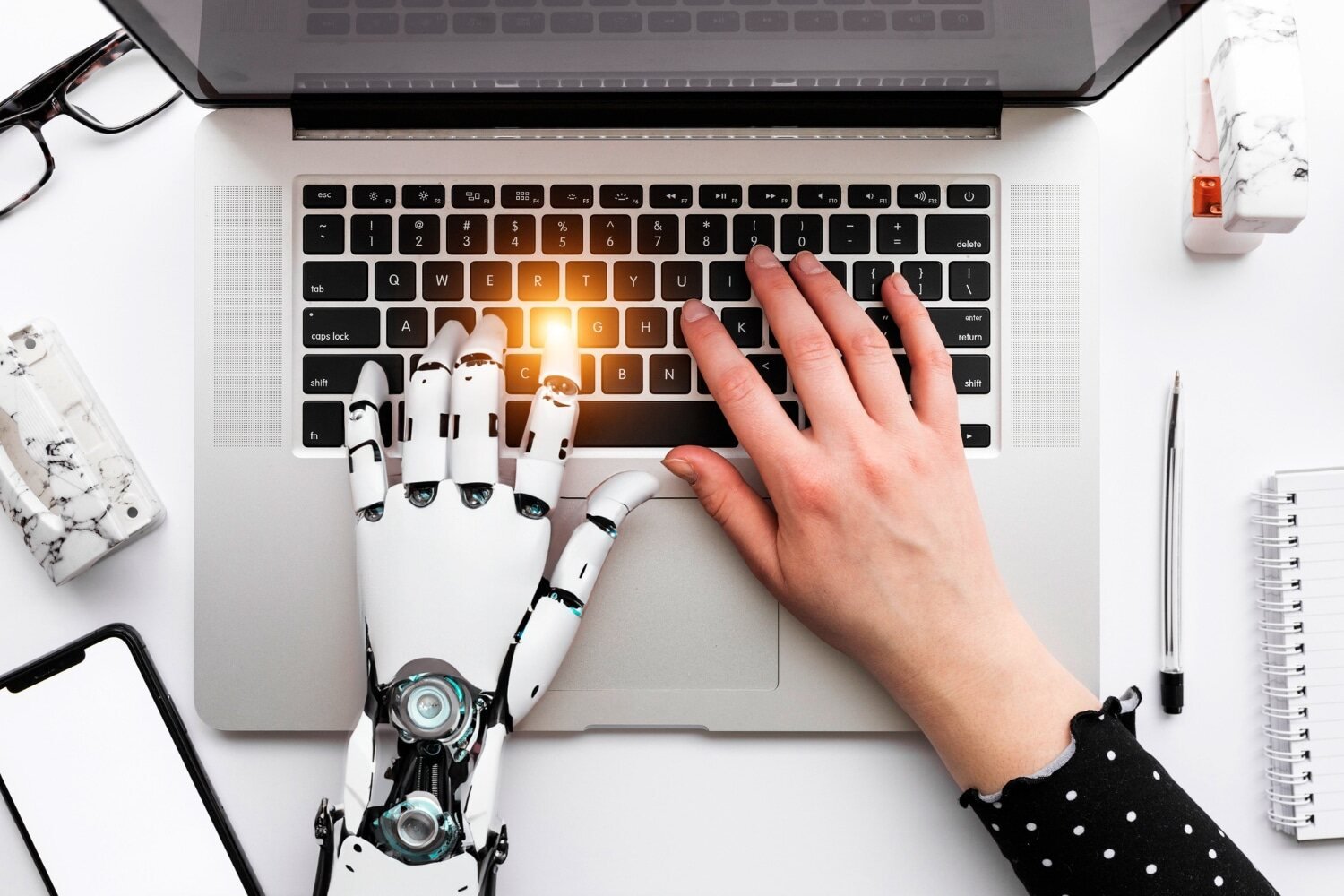
Throughout history, we’ve experienced several game-changing periods that have reshaped the way we live and work. Today, we find ourselves on the brink of another significant transformation: the emergence of Artificial Intelligence (AI). AI has the potential to revolutionize industries, from healthcare and finance to manufacturing and transportation, by automating complex tasks, driving efficiency, and fostering innovation. But does AI truly qualify as the 5th Industrial Revolution, signaling a new era of technological advancement and societal change? Let’s delve into this question and explore the transformative potential of AI in shaping the future of industries.
Before diving into the potential of AI, it’s crucial to understand the four previous industrial revolutions:
1st Industrial Revolution (Late 18th Century): Mechanization through water and steam power marked the beginning of industrialization.
2nd Industrial Revolution (Late 19th Century): Electricity paved the way for mass production, introducing assembly lines and transforming manufacturing.
3rd Industrial Revolution (Late 20th Century): The advent of computers and automation ushered in the digital age, revolutionizing industries and global economies.
4th Industrial Revolution (Early 21st Century): Characterized by the fusion of digital, physical, and biological realms through technologies like IoT, AI, and biotechnology, this era is reshaping industries and societies at an unprecedented pace.
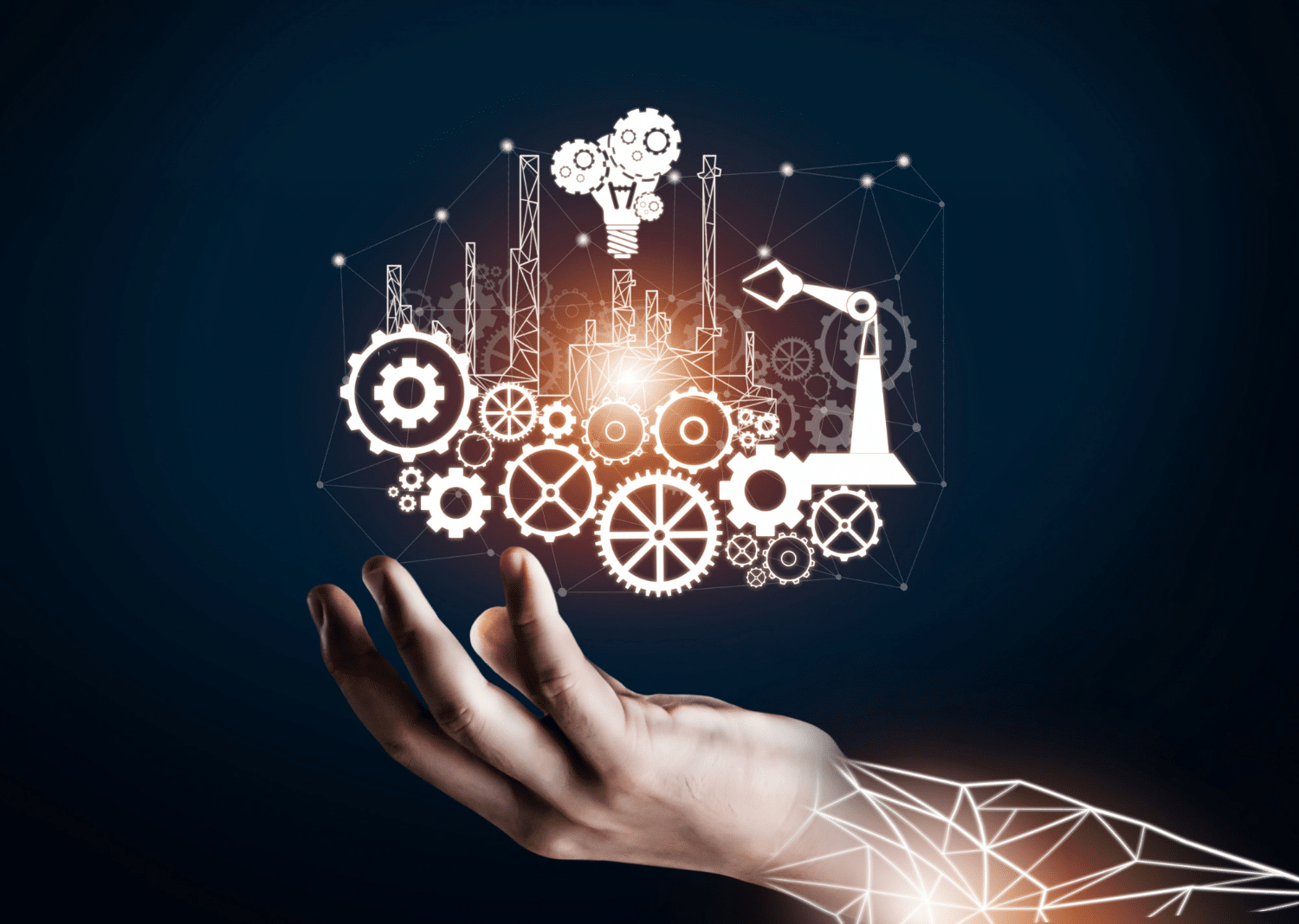
AI has the potential to automate complex tasks, driving efficiency and productivity to unparalleled heights. Machine learning algorithms can analyze vast amounts of data, optimize processes, and make predictions, allowing industries to operate more efficiently and competitively.
AI enables personalized customer experiences through data analysis and predictive analytics. From recommendation systems in e-commerce to personalized healthcare solutions, AI is redefining how businesses interact with and serve their customers.
AI is fostering innovation by enabling the development of new products, services, and business models. From autonomous vehicles to AI-driven healthcare diagnostics, the possibilities are limitless.
As with any revolution, the rise of AI brings ethical and societal challenges. Concerns about job displacement, data privacy, and algorithmic biases must be addressed to ensure a fair and equitable transition to this new era.
Generative AI is a subset of artificial intelligence focused on creating new content, such as images, music, text, and videos. It has made significant strides in recent years, with advancements in machine learning and neural networks enabling the development of increasingly sophisticated generative models
Generative AI has its roots in the field of machine learning and neural networks. The concept of generative models dates back to the 1980s, with early research focusing on probabilistic models and graphical models for data generation. However, the breakthrough came with the advent of deep learning and the development of Generative Adversarial Networks (GANs) in 2014 by Ian Goodfellow and his colleagues.
GANs consist of two neural networks, the generator and the discriminator, which are trained simultaneously through a competitive process to generate new data that is indistinguishable from real data. Since then, various generative models, such as Variational Autoencoders (VAEs) and Transformer-based models like GPT (Generative Pre-trained Transformer), have been developed, leading to significant advancements in generative AI capabilities and applications.
Innovation and Creativity:
Generative AI enables automated content creation, unlocking new possibilities for innovation and creativity across industries, from entertainment and design to healthcare and manufacturing.
Efficiency and Cost-Effectiveness:
AI-driven generative design tools can generate and evaluate multiple design options rapidly, reducing time-to-market, and optimizing product development and manufacturing processes.
Personalization and Customization:
Generative AI algorithms can create personalized content and recommendations based on user preferences and behavior, enhancing customer engagement and satisfaction.
Intellectual Property and Copyright Issues:
The automated generation of creative content by AI raises questions about ownership and copyright, leading to potential disputes and challenges in protecting original works from unauthorized use.
Misuse and Manipulation of AI-Generated Content:
Generative AI can be exploited to create realistic fake images, videos, and audio recordings, increasing the risk of misinformation, identity theft, and fraudulent activities.
Ethical and Societal Implications:
The ethical and societal implications of generative AI, such as the potential for misuse, deception, and the impact on employment and society, require careful consideration and responsible governance to ensure a fair and equitable transition to this new era of AI-driven creativity and innovation.
Artificial Intelligence (AI) is no longer just a concept from science fiction; it’s a reality that is rapidly transforming various industries. From healthcare and finance to manufacturing and transportation, AI is revolutionizing the way businesses operate, innovate, and deliver value to customers. Let’s explore how AI is shaping the future of industries and why it may indeed qualify as the 5th Industrial Revolution.
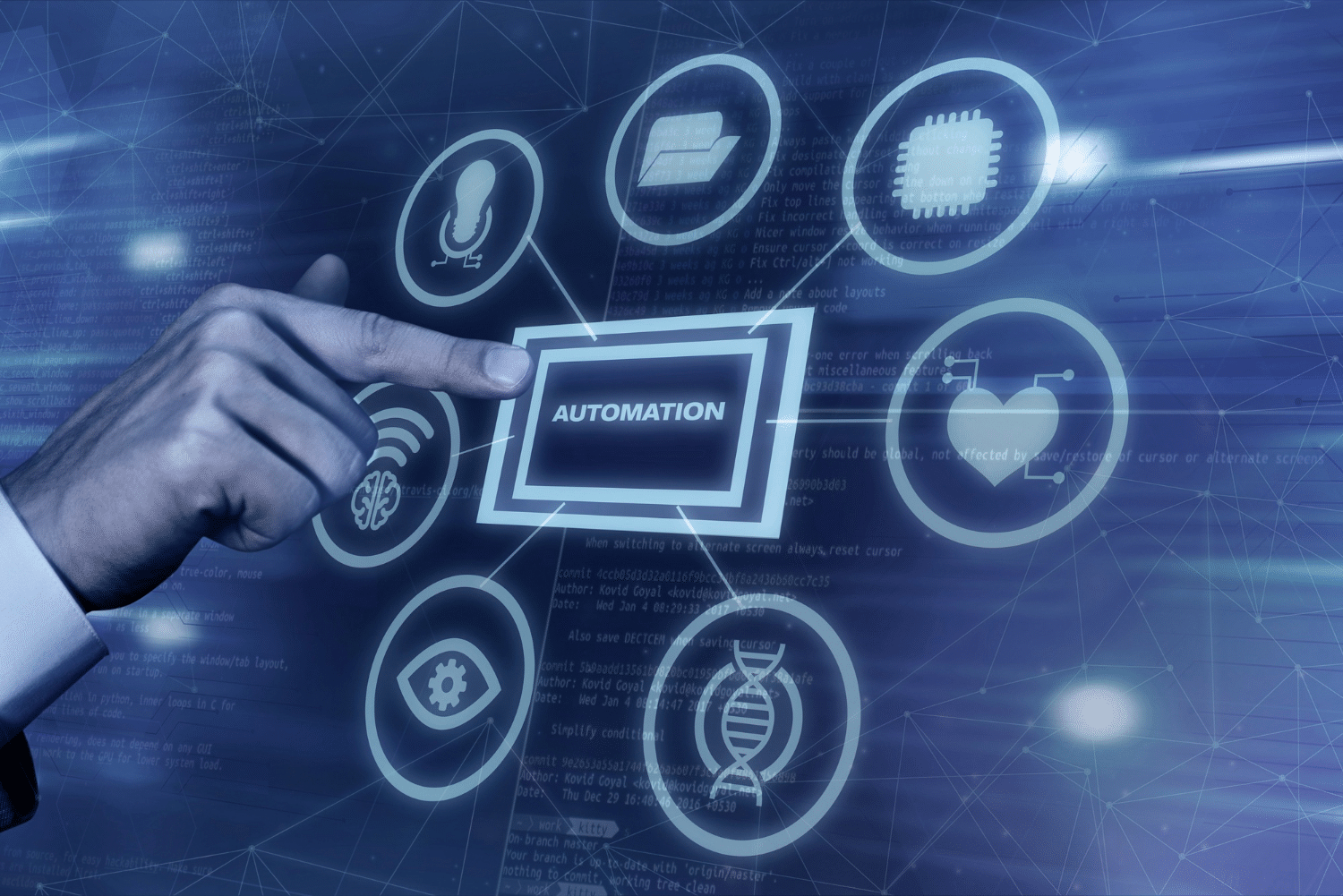
In healthcare, AI is making significant strides in personalized treatment and diagnostics. Machine learning algorithms analyze patient data to identify patterns and insights, enabling healthcare professionals to develop personalized treatment plans and predict potential health issues. AI-driven diagnostic tools, such as image recognition algorithms, are improving the accuracy and speed of disease detection, leading to better patient outcomes and more efficient healthcare delivery.
The finance industry is leveraging AI for intelligent automation and advanced data analysis. AI algorithms are optimizing investment strategies, automating routine tasks like fraud detection and customer service, and providing actionable insights for better decision-making. Chatbots and virtual assistants powered by AI are enhancing customer engagement and experience, offering personalized recommendations and 24/7 support.
In manufacturing, AI is driving smart automation and predictive maintenance, transforming production processes and supply chain management. AI-powered robotics and automation systems are streamlining operations, enhancing precision, and increasing production efficiency. Predictive maintenance algorithms analyze equipment performance data to identify potential issues before they escalate, reducing downtime and maintenance costs.
The transportation sector is undergoing a revolutionary change with the development of autonomous vehicles and AI-driven traffic management systems. AI algorithms enable self-driving cars, trucks, and drones to navigate and operate safely and efficiently, paving the way for a future with reduced traffic congestion, lower emissions, and enhanced transportation accessibility.
In the retail industry, AI is revolutionizing the customer shopping experience and inventory management. AI-powered recommendation systems analyze customer behavior and preferences to provide personalized product recommendations, enhancing customer satisfaction and loyalty. Advanced AI algorithms are also optimizing inventory management and supply chain operations, reducing costs and improving overall efficiency.
AI could add a staggering $25.6 trillion to the world’s economy (McKinsey, 2023)
Two-thirds of jobs could be partially automated by AI. But many of these jobs will be complemented by AI, not substituted by it. (Goldman Sachs, 2023)
Seventy-three percent of U.S. companies use AI in some aspect of their business (PwC, 2023)
Following its release in November 2022, ChatGPT reached over a million users in five days and 100 million users within two months. This made it the fastest-growing consumer app ever at the time (a record since beaten by Facebook’s Threads app). (Statista, 2023)
Fifty-four percent of companies had used generative AI in their business by November 2023—just one year since ChatGPT was released (PwC, 2023)
As Artificial Intelligence (AI) continues to permeate various industries, it brings forth a myriad of ethical and societal challenges that cannot be overlooked. While AI offers unprecedented opportunities for innovation, efficiency, and growth, it also raises critical concerns that must be addressed.
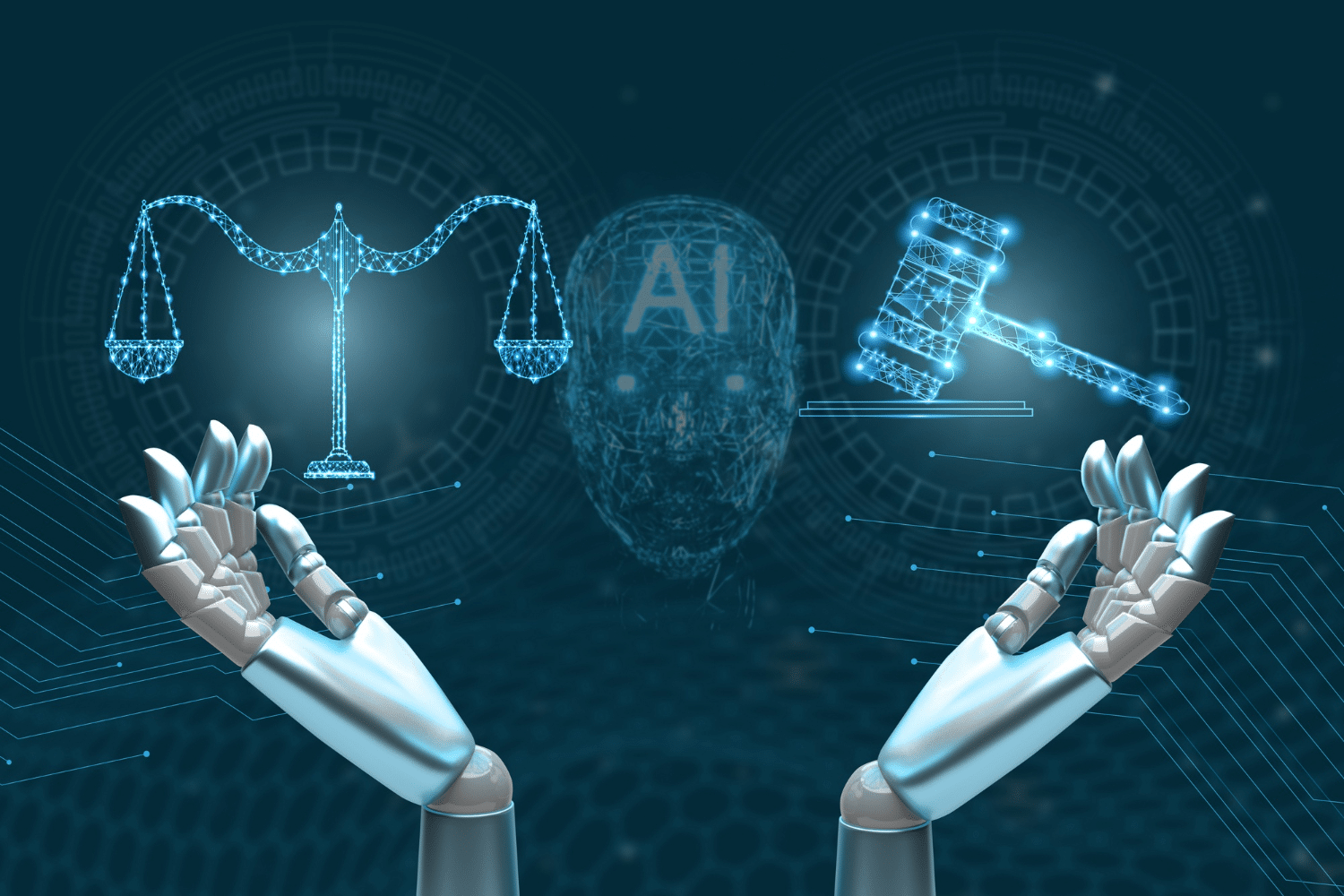
AI relies heavily on data for training machine learning algorithms and making intelligent decisions. This dependence on data raises concerns about privacy and security. Unauthorized access, data breaches, and misuse of personal information are serious risks that could compromise individual privacy and confidentiality. Implementing robust data protection measures, ensuring compliance with data privacy regulations, and enhancing cybersecurity are essential to safeguarding sensitive information and building trust in AI technologies.
AI algorithms are only as good as the data they are trained on. Biases in training data can lead to algorithmic biases. Addressing this and ensuring fairness and transparency in AI algorithms are crucial to preventing potential harmful consequences.
As AI systems become more advanced and autonomous, they will increasingly make decisions that have significant ethical implications. From healthcare and criminal justice to finance and social services, AI-driven decision-making could impact people’s lives in profound ways. Ensuring that AI systems are designed and implemented with ethical considerations in mind, respecting human rights, and promoting ethical AI governance are essential to mitigate risks and ensure responsible AI deployment.
Determining accountability and liability in the context of AI is a complex and challenging issue. Who is responsible when an AI system makes a wrong decision or causes harm? Establishing clear legal frameworks, defining accountability mechanisms, and allocating responsibility among developers, users, and AI systems themselves are critical steps to addressing this challenge and ensuring accountability in AI-driven environments.
While the term “5th Industrial Revolution” may be debated, there’s no denying the transformative impact of AI on industries worldwide. From enhancing operational efficiency and driving innovation to fostering personalized customer experiences and raising ethical considerations, AI is shaping the future of industries in profound ways.
The rapid advancements in AI technologies and their integration into various sectors indicate that we are indeed witnessing a new industrial era driven by intelligent machines and algorithms. Whether we label it as the 5th Industrial Revolution or not, one thing is clear: AI is a catalyst for change, and industries that embrace it will lead the way in this new era of technological innovation.
The question isn’t whether AI will revolutionize industries; it’s how quickly and effectively organizations can adapt to harness its transformative potential. The future belongs to those who dare to innovate and integrate AI into their operations. Will you be among them?
Cadynce strives to bring the latest in workflow, process management, automation, AI, and other topics of interest for management, finance, and manufacturing sectors.
Click here to check out our no-code workflow platform.
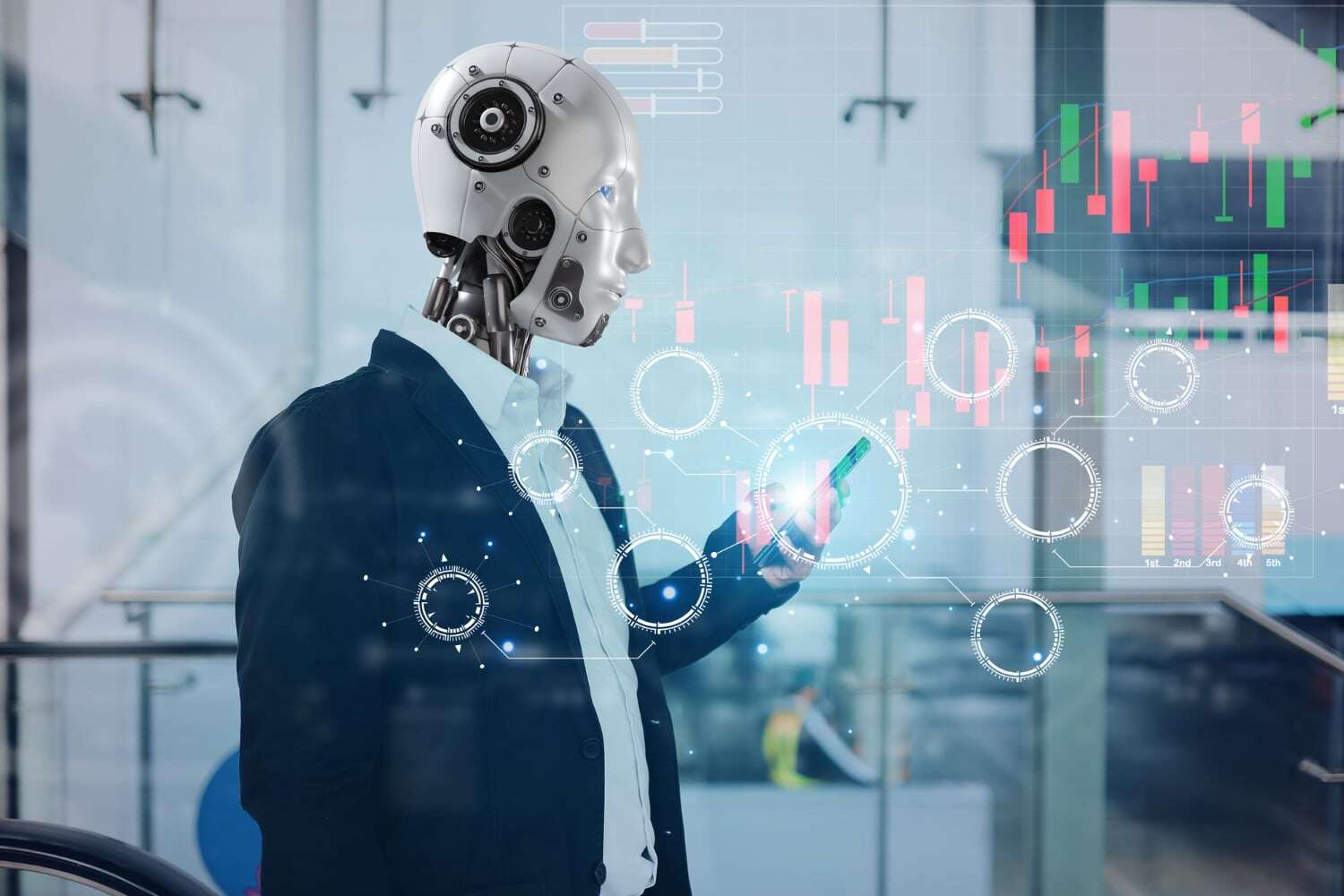
1 min read
How powerful is AI? Will AI steal our jobs? Can AI take over the world? These and many others are the most common questions when it comes to...
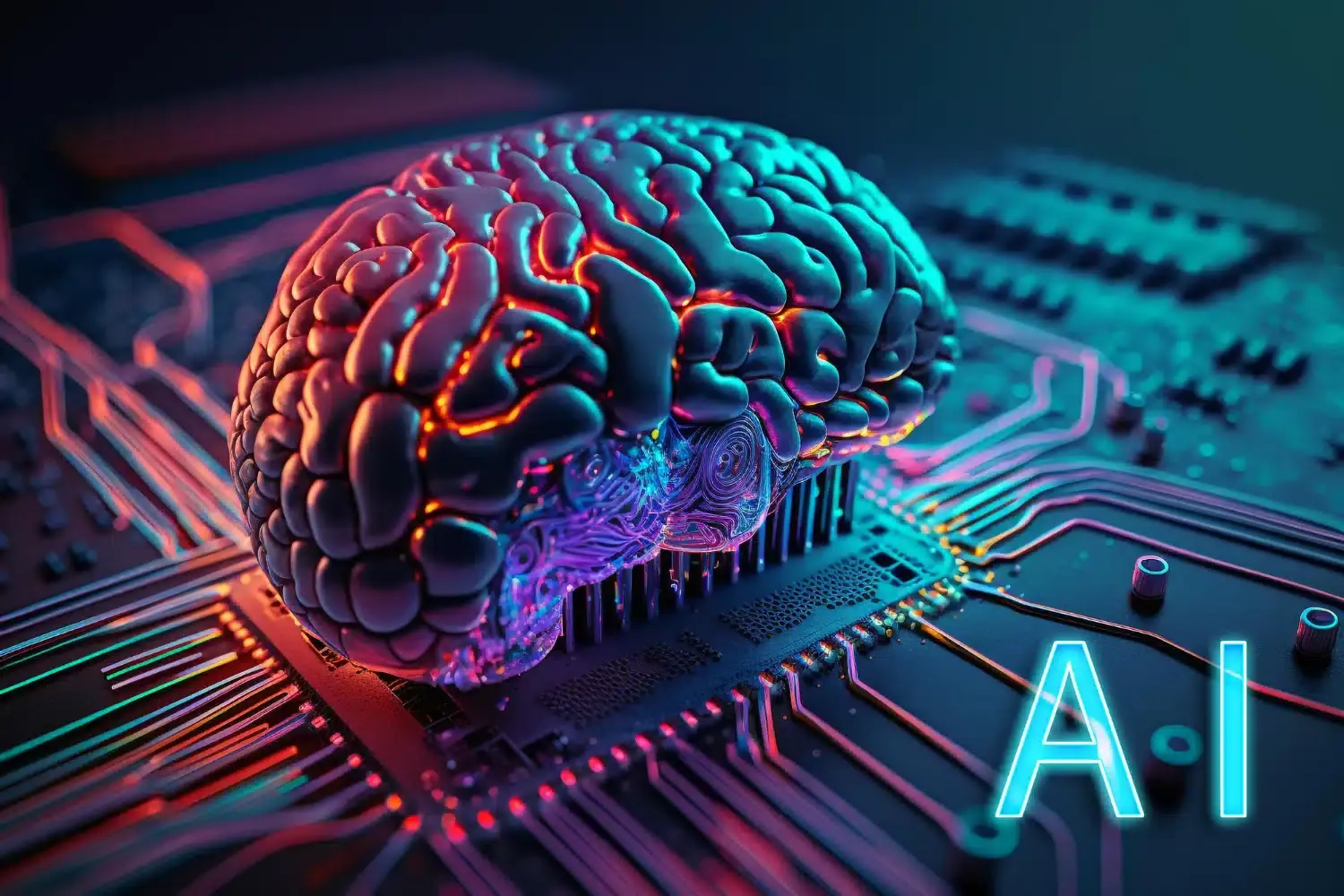
In the last year, we have seen huge leaps in generative AI. Social media platforms have been abuzz with news about ChatGPT, Dall-E, and other large...
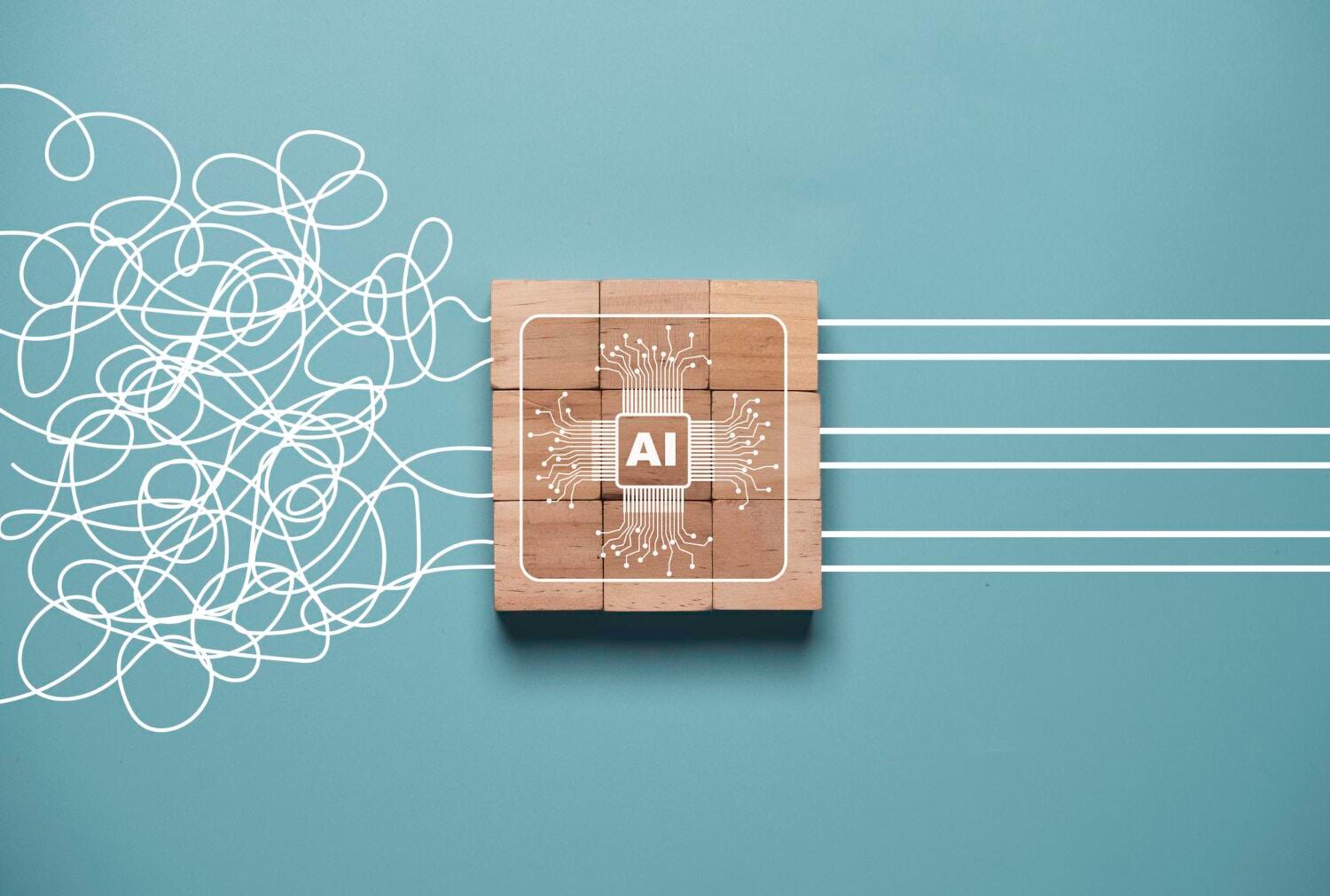
Welcome back to the second part of our comprehensive blog series on “The Power of AI Decision Making in Business.” In Part 1, we explored the...